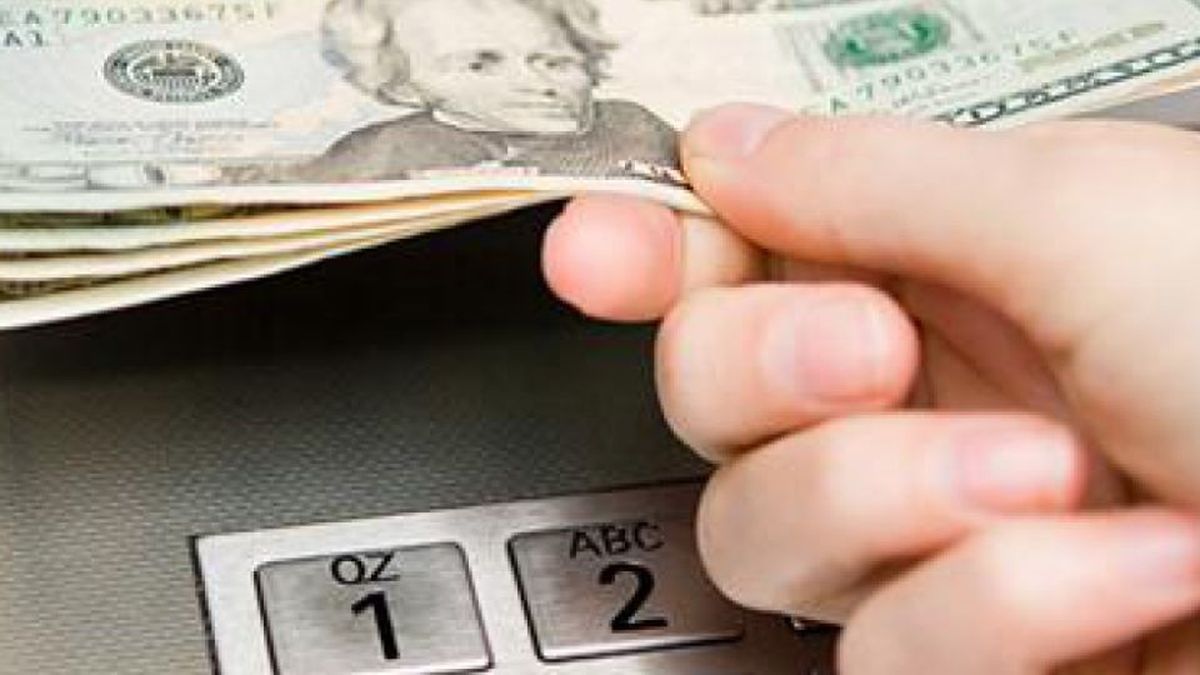The pandemic, the war in Europe, two near-blackouts in the previous year: “The ideal world in which we thought we lived has cracked,” said Michaela Langer-Weninger (VP), the state councilor responsible for civil protection, at an appointment on civil defense on Tuesday.
Many people are aware of this: “The interest of the population has increased significantly,” said Josef Lindner, managing director of the Upper Austrian civil protection association. In the organization’s online shop, for example, emergency packages are always sold out.
Prevention instead of panic
Information and prevention are important, “but you mustn’t spread panic,” warned President Michael Hammer. The goal is for as many households as possible to be able to get by independently for 14 days. At the moment, this applies to only a few. “Most would get by without electricity and running water for 5.7 days,” said Langer-Weninger. A blackout, a large-scale power failure, is likely to last a week, and another will pass before the supply of essential goods is working again.
Supplies should include water, non-perishable food, toiletries, medication, emergency lighting and emergency radio, Lindner said. Private provision is so important because the state cannot take care of the individual in the event of a crisis. In addition to private individuals, communities should also prepare for disaster scenarios: in the coming months there will be a handbook for communities, as well as basic courses for employees of communities and emergency organizations, said Werner Kreisl, district captain of Perg and member of the executive committee of the civil protection association: “So that in an emergency as many people as possible know what to do.”
Source: Nachrichten




